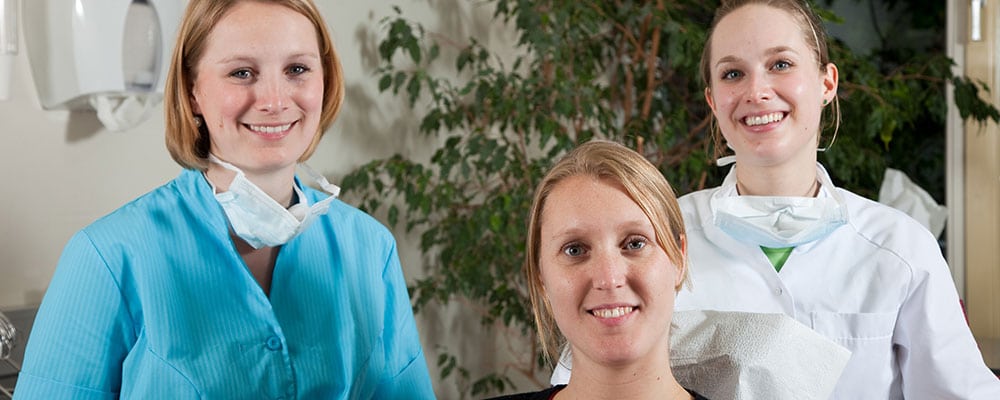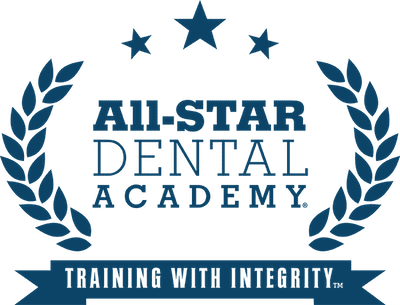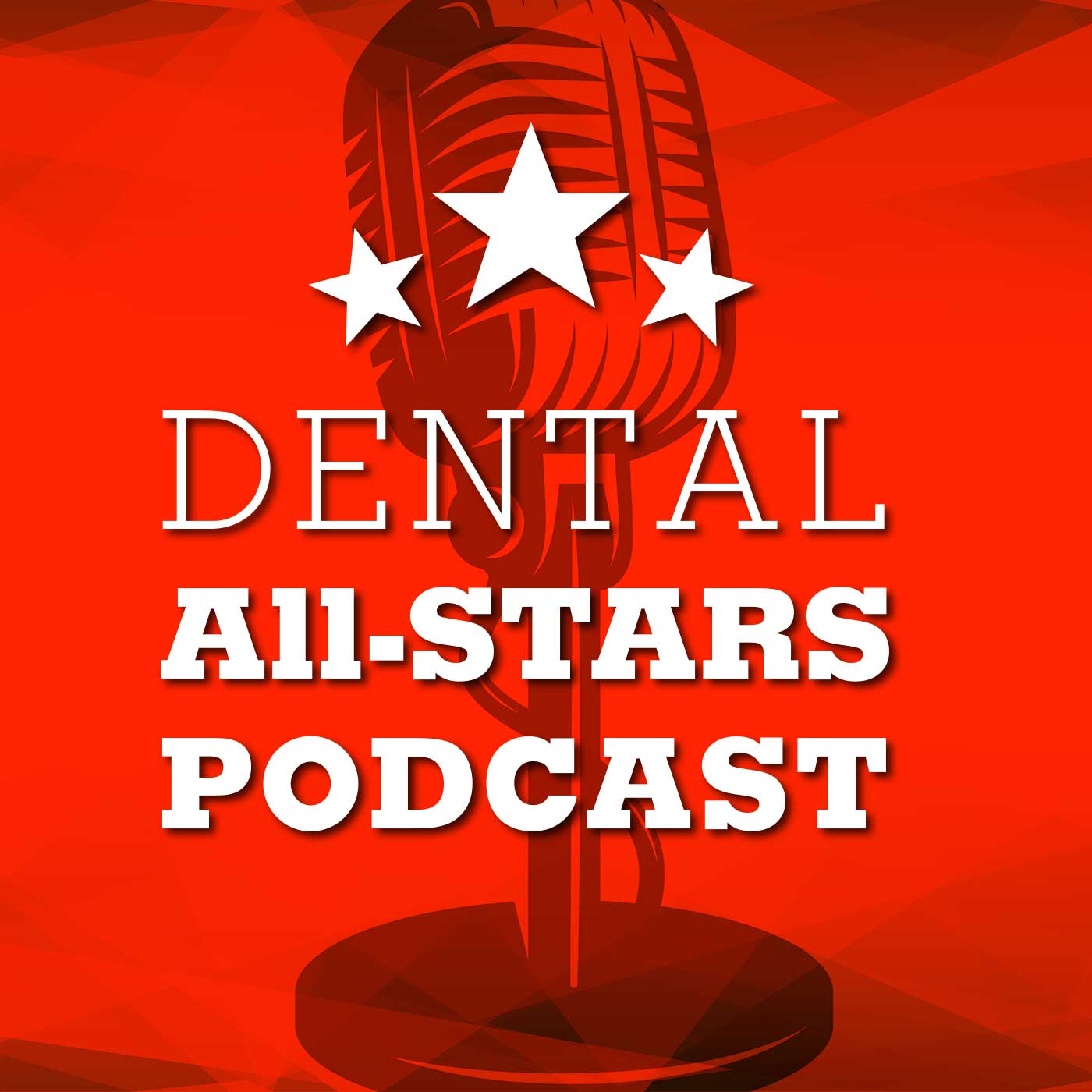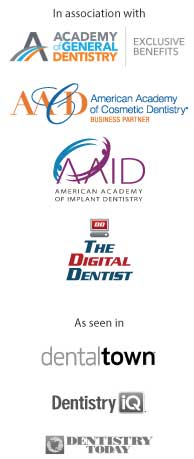An effective dental morning huddle may be one of the most powerful tools to ensure an efficient and productive day.
First, it is important to understand what a morning huddle is and its purpose.
An effective morning huddle is a time for your team members to share details about the schedule, specific patients or procedures, and other important information with each other and the doctor. It is also a time for the team to highlight any changes to the schedule or alert the doctor to any other immediate issues.
The goal every morning is to quickly check in with your team about the day ahead to identify any potential speed bumps (or worse). It is not a “team meeting” where problems are solved. It’s about keeping the huddle short and on point.
Watch Alex Nottingham, JD MBA, and Larry Guzzardo discuss morning huddles:
Key Benefits of an Effective Dental Morning Huddle
The chief benefits of an effective morning huddle are ensuring clear communication between the different “teams” in the practice; identifying potential to add revenue through creating opportunities with the day’s patients; and keeping a look out to prevent lost revenue through preventable mistakes.
The morning huddle sets the “tone” for the day. A quick and efficient meeting that is “all business” establishes that the day will follow in the same way. A meeting that gets bogged down with too much discussion, debate, or problem solving often is difficult to set aside during the remainder of the day.

Who talks?
Ideally, everyone in the practice should participate in the huddle. Each employee should share about their plan for the day – a quick summary of what they’re working on. This helps with engagement, commitment, and accountability with the team.
What is covered in dental morning huddles?
Keeping in mind the nature of the huddle (quick and to the point), here are some topics that are important to include:
- An overview of the previous day – what went well and what did not
- Current day’s staff schedule and any changes, including any potential hurdles such as absences by any team member for meetings or personal events
- Alerting the team to outside factors (nearby construction or poor weather) that may affect the schedule
- Alerts for patients that chronically no-show
- Changes in clinical equipment
- Specific patient issues or recent negative feedback
- Scheduled openings for emergencies
- Patient list for the day from the perspective of patients who may need extra time or assistance
- Issues with outside partners or vendors
- Anything else the team or the doctor think may affect the schedule
Read more on efficiencies in the practice in a blog post: Improving Dental Front Office Team Productivity
What are some obstacles to an effective dental morning huddle?
The biggest obstacle is just not having a morning huddle! It’s impossible to enjoy the efficiencies that come from a quick morning get together if you don’t get together.
We also hear about morning huddles that degenerate into squabbles, or where everyone babbles on and on.., and the meeting ends up taking far too long and patients start piling up.
A very common challenge is staying focused on only the topics that are appropriate for the morning huddle. Leave policy issues, difficulties with co-workers, and other non-essential challenges for another meeting.
Check out the bonus PODCAST on Million Dollar Meetings
For more training podcasts, check out Dental All-Stars Podcast
How do we overcome those obstacles?
The huddle takes too long. Huddles by definition need to be short. No more than fifteen minutes. If you run longer than that, you’re taking up too much time. You’re likely going too deep on issues. Keep it short and focused. The huddle is about coordinating and identifying timely issues, not resolving them
People talk about inappropriate issues. Huddles need to be focused on the present day and yesterday. Don’t let discussion drift any further back or forward. If it happened since the last huddle or will happen before the next huddle, AND it is something that needs to be brought to everyone’s attention, it’s fair game. Otherwise, it’s out.
Too many issues. Huddles need to focus on the immediate priorities. If it doesn’t affect today, then it shouldn’t be brought up. The purpose of the huddle it to coordinate and communicate timely issues, not to dive into a laundry list of problems.









